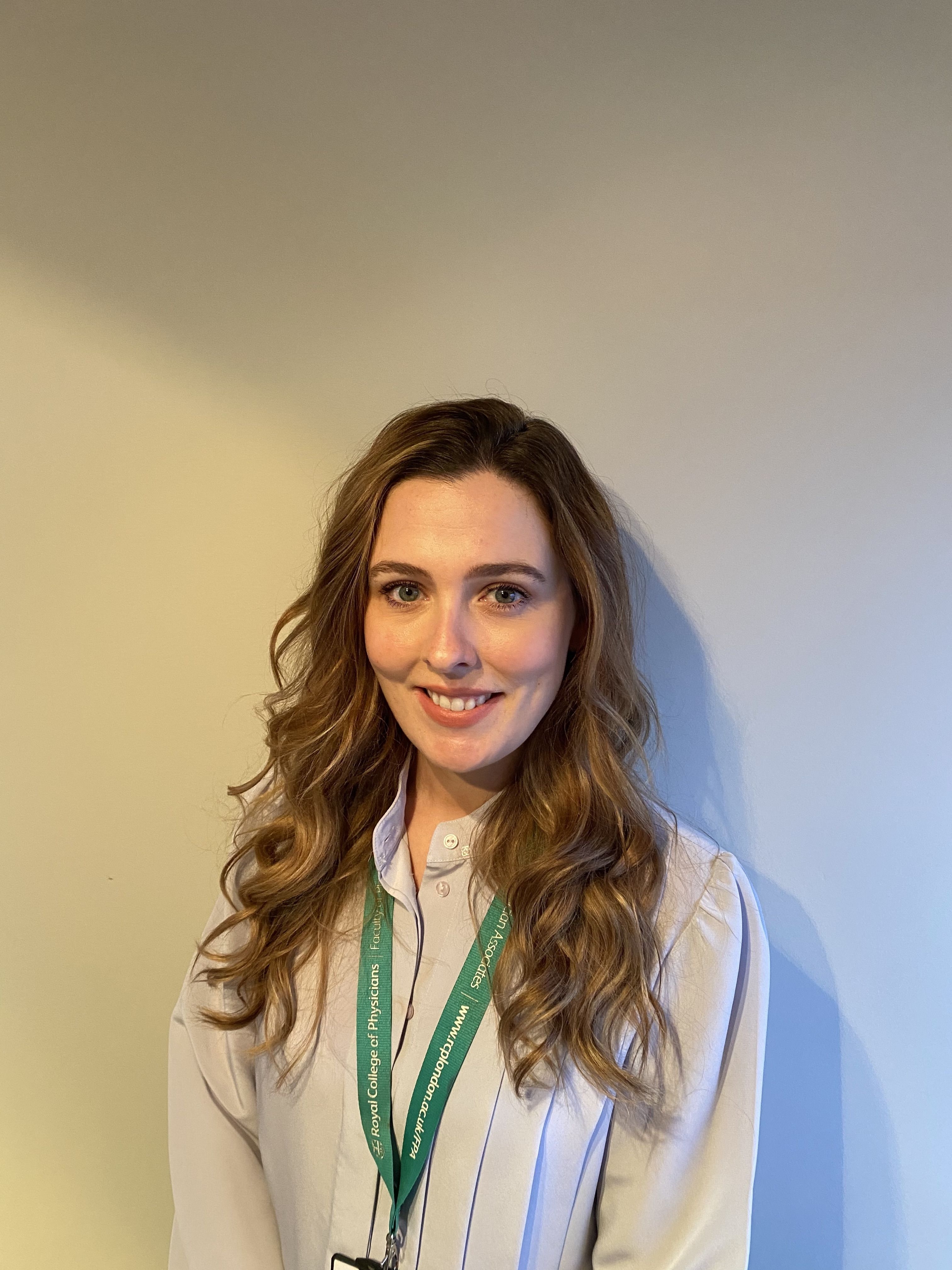Preparing for the PA national examination
Each physician associate (PA) national examination diet sees a new cohort of PA students register, hoping to join the PA profession. Preparing for an exam is vital to success, although knowing where to begin and structuring study time effectively can seem overwhelming.
Here, qualified FPA member Alexandra Chase shares her journey to becoming a qualified PA, along with some top tips for exam success. Currently working as a PA in general practice, Alexandra is also a lecturer at the University of Birmingham and a member of the PA National Exam (PANE) Board.
When did you take your PA national exam and what
was your experience?
I was part of the second cohort of students at the University of Birmingham and passed the PA national exam on my first attempt in 2010. At that time, the national exam took place regionally and I sat my exam at the University of Birmingham. While I was very nervous, being in an environment I already knew helped put me at ease.
For students taking the written exam this September, being able to do so using the online platform will help settle some of those initial nerves, as they will likely be in a familiar environment. As a student, it’s important to remember that the examiners were once also in your position.
They understand how it feels and that nerves can be a factor.
What top tips would you give to student PAs sitting the national exam?
It’s important to understand what works best for you as an individual, and to do so as early as possible in your study journey. I found it beneficial to record lectures and listen to them during my commute, but others may find that reading notes suits them best. Practising with peers provides the opportunity to share ideas and processes that may benefit someone else – and vice versa.
When choosing study topics, it’s helpful to think about common themes during the course and placements. I would portion the focus fairly and not be biased against topics. Reviewing the latest guidelines is helpful and the National Institute for Health and Care Excellence (NICE) offers some great flowcharts.
My final tip may seem obvious, but it would be to practise using example questions in the single best answer (SBA) format. This helped me become familiar and confident in my approach – and taught me to stick with it, as an exam isn’t the time to re-think your process. My approach was to read the question and think about my answer before looking at the options available. If my answer was an option, I went with my gut and didn’t second guess myself.
Do you have advice on how to relax ahead of the exam, and what to do on the day?
I suffered quite badly with migraines during my undergraduate study, and I didn’t want them to affect my PA journey. Therefore, cutting out caffeine weeks/days prior and on the day of my exam helped me focus – and didn’t have me running to the toilet numerous times.
Similarly, ‘revision cramming’ the evening before or morning of the exam doesn’t help, and I would say to prioritise relaxing during the final 24 hours. Controlling the environment and allowing yourself something to look forward to on the morning of your exam will also help you to be in the best mental state as you go into your exam. It could be a relaxing bath, a nice walk around the local park, or a workout. My other tip is to plan clothing for the OSCEs appropriately. I needed to move around patients and kneel on the floor, so dressing professionally but comfortably was key.
If nerves become consuming, I would recommend speaking with someone; everyone in a student’s support system is invested and willing to help. Chatting about my concerns helped me to rationalise everything and see the bigger picture.
Once qualified, what can PAs look forward to during the first 6–12 months in practice?
After celebrating all the hard work and success, the hard work begins again as you head into practice. You don’t know how you will feel until you are doing the job, and that’s when confidence begins to grow. With that comes relationship building with patients, and the amount of progress you’ve made will creep up on you. Being a PA is a fulfilling profession and believing in your ability leads to a feeling of pure accomplishment.

